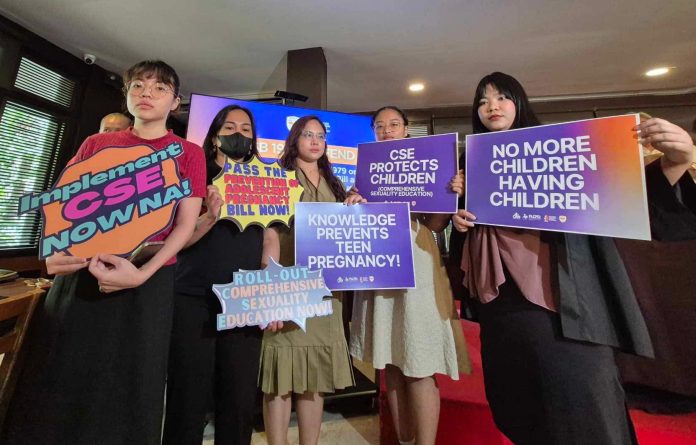More than 11,000 cases of rape involving girls under 16 years old were recorded in 2023, yet not a single case was filed under the law designed to protect minors, an advocacy group revealed.
The Forum for Family Planning and Development (The Forum), citing Philippine Statistics Authority (PSA) data, reported that 11,479 incidents of rape involving girls under 16 were documented last year.
However, no charges were filed under Republic Act (RA) 11648, which raises the age of statutory rape from 12 to 16.
“This information is lodged with the civil registrars of all local governments in the country, yet it was not flagged as a potential criminal incident that should have been investigated by police and prosecuted if indeed covered by the law,” said Dr. Juan Antonio Perez III, vice president of The Forum.
Dr. Perez emphasized the need for urgent government action, calling attention to the rising number of statutory rape cases.
“The government must act now on increasing statutory rapes of children 9-16 years old,” he said.
Data from the PSA further revealed that 99.3% of pregnancies among girls aged 9 to 14 involved fathers aged 15 or older or whose age was not reported.
These pregnancies, the 2023 Responsible Parenthood and Reproductive Health (RPRH) Law annual report noted, represent at least one instance of rape under RA 11648.
Adolescent pregnancies among girls under 16 increased by nearly 8% in 2023 compared to the previous year.
The alarming rise in adolescent pregnancies and statutory rape underscores the need for Comprehensive Sexuality Education (CSE), child rights advocates said.
During a press conference on child rights in Manila, Amihan Abueva, Regional Executive Director of Child Rights Coalition Asia, highlighted the importance of listening to children’s voices in addressing these issues.
“If you actually listen to children, we are all fighting for the same thing: a future where every child feels safe, respected, and empowered,” Abueva said.
Abueva also pointed out critical gaps in information access, particularly for young people. She emphasized the importance of schools addressing these gaps by providing reliable and age-appropriate education.
The Adolescent Pregnancy Prevention Bill, currently under deliberation, seeks to institutionalize CSE in schools nationwide.
Advocates argued that this measure would significantly help reduce teenage pregnancies and prevent sexual exploitation of children.
Despite the provisions of RA 11648, which presumes the absence of consent in sexual acts involving minors below the age threshold, enforcement remains weak.
Dr. Perez criticized the lack of agency-issued guidelines, apart from the Supreme Court, to ensure the law’s implementation.
“Statutory rape, when proven, means a life sentence. Despite the clear evidence in administrative documents such as birth certificates or health records, agencies except for the Supreme Court have failed to issue any guidelines on how they will enforce the law. This is a clear instance of government neglect which continues to harm our children,” he said.
Dr. Perez urged senators to hold the country’s departments of education and justice accountable for enforcing RA 11648 and prosecuting offenders.
He stressed the need for a comprehensive approach, including social, health, and mental health services, to protect children’s futures.
“The increase in potentially criminal acts involving at least 11,000 children from 2023 requires a comprehensive approach which should include Comprehensive Sexuality Education beginning at 8 years old and the provision of health, social and mental health services when necessary. The chilling effect of enforcement of the statutory rape law is an essential first step,” Dr. Perez said.









